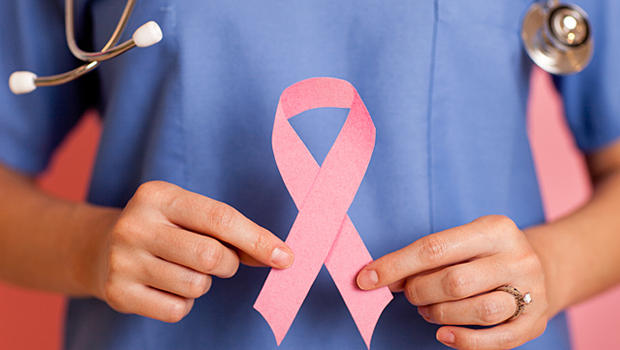CONFIRMED: Exposure to aldehyde chemicals found to trigger the degradation of BRCA2 breast cancer genes in women
06/11/2017 / By Amy Goodrich

Aldehydes, a common class of everyday chemicals, have been found to increase cancer risk by interfering with the body’s natural DNA repair mechanism, a new study reported. The study, conducted by researchers at the University of Cambridge, looked into the effects that aldehydes can have on human health.
Aldehydes are made in our body in tiny amounts and can be found everywhere in the environment. Though our body usually eliminates these compounds without experiencing any issues, today we are increasingly exposed to these toxins and our body can no longer cope with the excess.
These chemicals are all over the place. Aldehydes are found in car exhausts, cigarettes, cosmetics, foods, alcoholic beverages, clothing, and furniture. Therefore, it is hard to say how much of these toxins are entering our body on a daily basis.
Aldehydes might trigger cancer in people with a faulty copy of the BRCA2 gene
Though aldehyde exposure impedes DNA repair in all cells, even the healthy ones, people who have inherited a faulty copy of the BRCA2 gene are particularly sensitive to such damage.
To seek an answer to the question whether aldehyde exposure could promote cancer, Ashok Venkitaraman, PH.D., director of the Medical Research Council Cancer Unit at the University of Cambridge, and his team examined genetically engineered human cells and cells from women bearing a faulty copy of the breast cancer gene BRCA2, which produces a protein that repairs DNA damage.
Though it is not the first time aldehyde exposure has been linked to an increased risk of cancer, scientists now believe they have discovered why this class of chemicals may cause the disease. (RELATED: Stay informed about common cancer-causing toxins at CancerCauses.news.)

Damage to our DNA occurs on a regular basis when our cells divide. Under normal circumstances, our body has its own defense mechanism that helps to repair faults in the DNA. Aldehydes, however, obstruct this vital process.
The body has two copies of the BRCA2 gene. Some people, however, inherit a single faulty copy of the BRCA2 gene, making them more susceptible to cancer. Though the mechanism is not fully understood, the Cambridge scientists think they might have found the answer.
Since the cells of people with a faulty BRCA2 gene should still be able to repair DNA using the BRCA2 protein made from the remaining, intact copy of the gene, something else must be at play. According to Professor Ashok Venkitaraman and colleges, aldehydes may be the culprit.
Their data showed that aldehydes trigger the degradation of BRCA2 protein in cells. People who inherit a faulty copy of the BRCA2 gene already have very low levels of the DNA repair protein, which is then further depleted in the presence of aldehydes, pushing the levels well below the amount required for DNA repair.
With no system in place to correct the mistakes or mutations, cells may spin out of control which could promote cancer formation. An estimated one in 100 people carries a faulty BRCA2 gene. Regular exposure to aldehydes via shampoos, alcohol, and household products could put these people at a higher risk of developing breast, ovarian, prostate, and pancreatic cancer, reported Science Daily.
Professor Venkitaraman noted that his team’s findings may help with the prevention or treatment of cancers in the future.
To protect your family from unnecessary aldehyde exposure there a few things you can do at home. Always opt for cosmetics and household products with organic ingredients. Furthermore, be mindful of the clothes, foods, drinks, furniture, and building materials you buy. They may also contain aldehydes. And as if you needed another reason to say no to vaccines, formaldehyde is no stranger to their ingredients list.
Stay informed about vaccine ingredients. Read the vaccine manufacturers’ product inserts at NaturalNewsReference.com.
Sources:
Submit a correction >>
Tagged Under:
aldehyde, BRCA2, BRCA2 gene, breast cancer, breast cancer genes, cancer, cancer risk, cancerogenic, car exhaust, chemicals, Cosmetics, DNA damage, DNA repair, formaldehyde, toxins
This article may contain statements that reflect the opinion of the author




















